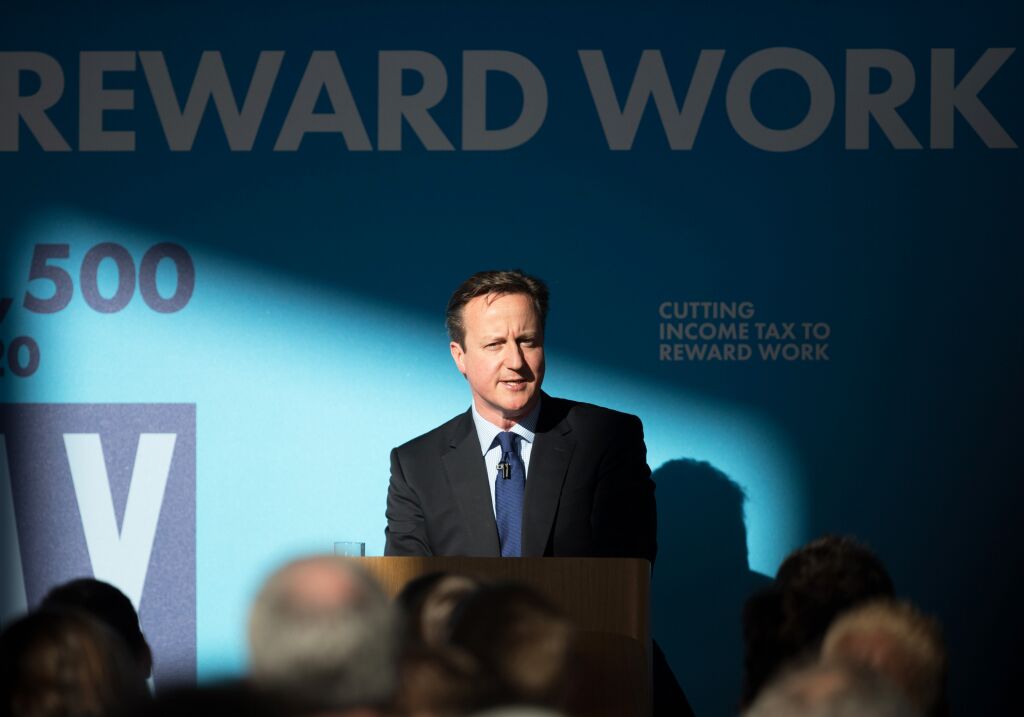
Britain Faces Most Uncertain Election Ever
Britain could face its weakest and most unstable government ever after the May 7 general election if the current polling data is accurate.
Britain is not used to a coalition government—the current one being the nation’s first in 65 years. Just surviving its full term proved it stronger than many expected. Yet polls imply that a simple two-party coalition may not be possible next time around.
The Times newspaper concluded that “it is likely neither Labor nor the Conservatives would be able to form a stable government, even with the support of a second party” (April 2).
“Whitehall is preparing for at least three weeks of haggling if it becomes clear that even a tie-up between two parties would leave them short of an overall majority,” the paper reported.
Small majorities and multi-party coalitions easily lead to unstable and short-lived governments. For example, in Italy, whose postwar constitution encourages these kinds of coalitions, there have been 62 governments in the last 70 years.
The Times reported that this possibility of instability was already hurting the nation’s economy. “The pound fell against the euro yesterday, despite evidence of accelerating growth in Britain’s manufacturing industry,” it reported. “Sterling volatility, one measure of market concern, is now higher than before any poll since 2000, including the Scottish referendum last year.”
The Times cited warnings from economists that this concern could cause major problems. “Political upheaval might serve to draw attention to the [United Kingdom’s] economic, fiscal and financial imbalances,” warned Ross Walker from the Royal Bank of Scotland. “Gaping current account and budget deficits make the UK particularly dependent on the kindness of strangers,” according to BlackRock, a fund manager.
One two-party grouping with the best chance of forming a government is the Labor Party, supported by the Scottish National Party (snp). In this case, the snp has indicated that it would allow Labor to form a minority government, and then support it on a vote-by-vote basis. This scenario would make a party that is dedicated to the destruction of the United Kingdom a core part of its leadership. It would also bring back the type of hard-left socialism that the nation hasn’t seen since the ’70s.
This is all, of course, if the polls are accurate. The Israeli elections just showed that polls can get things very wrong.
Regardless, Britain has had a troubled few years, with its place in Europe, and even its very existences—in the form of the Scottish referendum—under question. These trends aren’t going away, and many of these questions seem set to remain unresolved in the next parliament. To see the overall direction in which Britain is heading, read our article “Want to Know What a Former Superpower Looks Like?”
